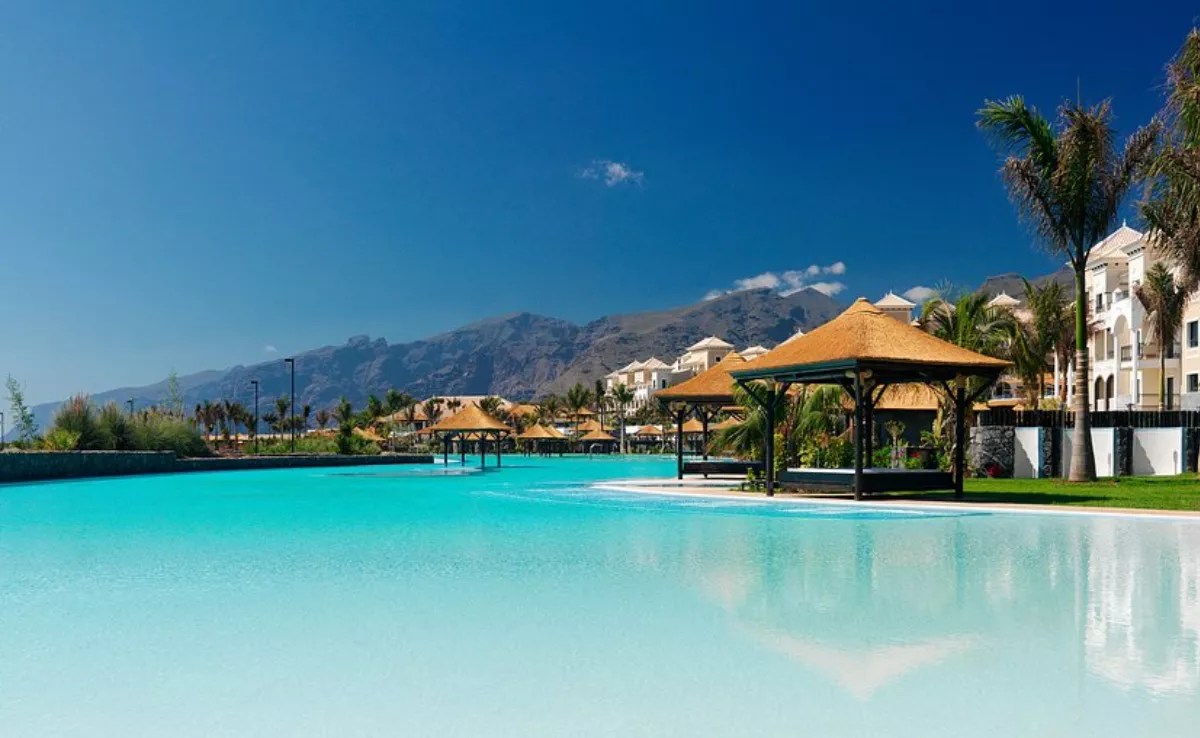The Businessmen and Professionals Circle of Southern Tenerife (CEST) raised concerns yesterday about the challenges faced by the justice system in the area. They expressed disappointment that public authorities have not addressed the shortage of staff and resources, with outdated facilities unable to meet the demands of the Granadilla de Abona and Arona judicial districts. This is particularly evident in civil and commercial cases, as well as the lengthy bureaucratic processes involved in executing judgments once a lawsuit is settled.
Last June, CEST revealed that Court of First Instance number 1 in Arona had already surpassed the General Council of the Judiciary’s recommended maximum limit of 1,200 cases for efficient operation. Despite this, on June 28th, the same court rejected a request for additional support for investigating courts 1 to 5 in Arona, denying the necessary financial backing and manpower increase.
CEST President, Javier Cabrera, lamented the failure of both national and regional justice authorities to enhance services and ensure universal access to justice in light of the South’s population growth, the complexity of cases handled, and the high litigation rates observed.
“Adeje’s population has increased by 72% in the last 24 years, San Miguel de Abona by 67.6%, and Arona by 54% since the turn of the century,” cited Cabrera, highlighting that “the Arona court is likely one of the most challenging in the Canary Islands yet lacks the necessary resources to cope with its complexity.”
The Circle also pointed out that the Granadilla judicial district faces some of the most challenging working and operational conditions nationwide. Moreover, according to the CEST, the High Court of Justice of the Canary Islands considers the four courts in an “official” state of collapse, failing to meet the minimum requirements for effective operations. For instance, one court had 6,000 pending documents as per a TSJC report. The lack of political will and institutional commitment to addressing justice needs in Southern Tenerife hinders the implementation of solutions,” they concluded.















